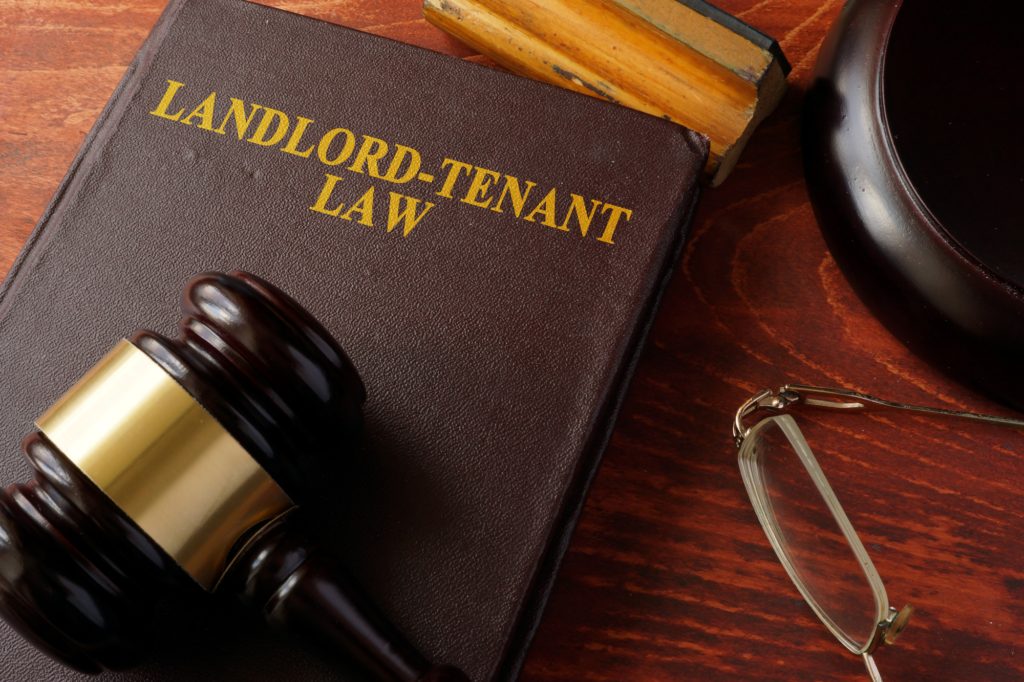
5 Must Know Landlord Tenant Laws
Renters comprise over one-third of U.S. Households. As a result, good property managers are a much-needed asset in the rental housing market and need to be aware of landlord tenant laws. The property manager’s job consists of many responsibilities. These include inspecting properties, coordinating maintenance, handling rent, and managing security deposits. Managers also tenant evictions. While no one wants to evict a tenant, an understanding of landlord tenant laws can make this difficult process easier.
Are you a property manager? Read on for what a property manager should know about landlord tenant laws. Get A Bid
1. Landlord-Tenant Relationships: Four Types
There are four legal categories dealing with the tenant’s length of stay in the landlord tenant laws.While every lease is a little bit different, landlord tenant laws dictate that most leases fall into one of four legal categories concerning the tenant’s length of stay:
- Terms-of-Years Tenancy is a fixed time situation. The tenant stays for an agreed-upon amount of time after which the lease is up, and the tenant leaves.
- Tenancy at Will means there’s no fixed amount of time for the rental period. The tenant stays as long as the tenant and landlord agree on the arrangement.
- Periodic tenancy refers to a lease where the landlord or tenant must give notice to cancel the lease, or it renews automatically. The amount of notice to cancel the lease will be defined within the lease agreement.
- Tenancy at Sufferance is when the tenant remains in the property after the expiration of the lease agreement, often creating a difficult situation for the property manager or landlord.
It is very important for property managers to know the type of lease governing the landlord tenant relationships at their properties. It can change the way property managers have to address eviction and abandonment issues, which we discuss later in this post.
2. Discrimination
As a property manager, you’re responsible for understanding the Fair Housing Act which is part of the landlord tenant laws. You can’t discriminate against people based on race, color, or national origin.
It’s also illegal to discriminate based on religion, sex, familial status, or disability. Discriminating against any tenant can result in legal action against the property manager or owner.
3. Landlord Wrongful Conduct
If the tenant leaves because of wrongful conduct by the landlord, that’s constructive eviction, according to the landlord tenant laws. Wrongful conduct includes:
- Failure by landlord to meet the obligations of the lease
- Failure to maintain control of the common area
- Breach of duty owed to the tenant
- Failure to perform repairs promised
- Allowing nuisance behaviors
The landlord owes the tenant a habitable environment. In the case of constructive eviction, the tenant must leave in a reasonable amount of time.
4. Abandonment
Many landlords have dealt with abandonment. This situation occurs when tenants stop honoring a lease and leave a property without notice. While the specific requirements for abandonment can change on a state by state basis, there are three core criteria for a property to be considered abandoned:
- Tenant leaves the property without justification
- Tenant doesn’t pay the rent
- Tenant has no plans to return
So what does a property manager do when a property has been abandoned? First and foremost they should confirm it fits the exact legal criteria for abandonment based on local laws. Once it does, property managers and landlords have three options:
- Get another tenant and sue the past tenant for lost rent
- Sue the tenant for the entire amount of rent due
- Cancel the lease
Before property managers act, which is part of the landlord tenant laws, they must make sure all three criteria of abandonment are met before taking any steps.
5. Eviction
If a tenant violates the terms of their lease agreement, the property manager can evict the tenant. This is a self-help eviction. This where the property manager can enter the rental and ask the tenant to leave.
Reasonable force is legal, but the definition is up to the courts. As a result, it is never the best course of action. It’s wise to sue the tenant instead. If the court allows eviction, a police officer will enforce the judgment.
Want even more information on landlord tenant laws? Follow us on LinkedIn, join our Facebook Group, or subscribe to our newsletter to stay current on all of our latest news!


